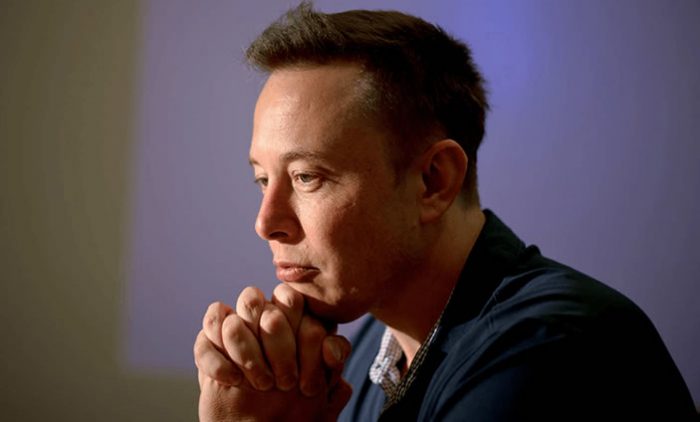According to the British newspaper The Guardian, Elon Musk contacted the United Kingdom authorities to ask for an increase in taxes on diesel and gasoline as a way to increase funds to aid in the purchase of electric cars.
Also, according to the news, it has requested an increase in the registration tax to have more money to launch initiatives proposed from various sectors, such as applying the VAT exemption for electricity.
On paper, these measures would mean, on the one hand, making combustion engine models less attractive by increasing both the cost of the vehicle itself and refueling by several thousand euros. Whil at the same time, there would be a decrease in the price of electric fuel models.
Tesla argued that a purchasing aid of 3,000 pounds could be “revenue neutral for the administration” with a tax increase of just 49 pounds per gasoline or diesel car sold in 2019. A figure that takes into account electricity sales that would increase to 750 pounds per unit sold, reaching a 20% share. An amount that we can compare with the 6.6% achieved in 2020.
Tesla also argued that manufacturers should be forced to achieve minimum electricity sales quotas, following California or China. Other proposals from the Americans have been from paying to scrap the most polluting cars, tax exemptions for company car users, and the so-called “cargo promise.” A proposal would mean that the government would install chargers on any street in the UK when formally requested.
The cheapest Tesla will be made in China and exported around the world
Some requests that are in line with the statements made last year from Tesla itself: “Support the adoption of zero-emission vehicles through mechanisms to make combustion engine models pay for the damage they cause is completely reasonable and logical. The result can be a neutral revenue system for the government”.
An increase in the tax burden on combustion systems has been supported by different sectors, one of the most effective. And as an example, we have the case of success of those markets that have applied it, such as Norway, and almost paradigmatic. All the possible measures to be implemented by the administrations have been put together.
But at the same time, others indicate that the case of Norway does not apply to other large states. For example, France, where the proposal to increase fuel taxes in 2018 became a massive movement, the famous yellow vests.
Massive mobilizations finally forced the administration to back down because the increase in taxes would mainly affect private users and medium and low income since large companies have fiscal mechanisms to eliminate these increases and continue polluting.

